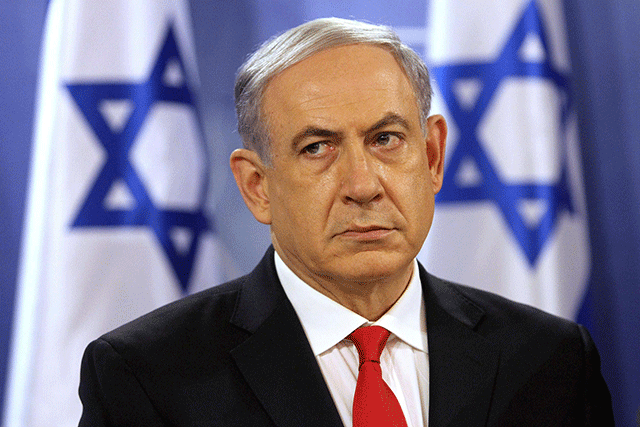
Triggered by the rise of China, the US opening up to Iran, and withdrawal of the US forces from Afghanistan, the global order is undergoing a radical shift. Diplomats in major world capitals are actively pursuing new alliance blocs, and strategic shifts are in motion for prominent international players. Nowhere is the shift more in flux than in the Middle East, where Saudi Arabia, Israel and Iran are actively finding new ways to adjust to the changing US strategy in the region. Moreover, with Prime Minister Modi signing a $75 billion deal with the UAE, including in the areas of defence and intelligence cooperation, alarm bells should ring in the security and defence quarters of Pakistan. While taking many Pakistanis by surprise, the warming of relations between India and the UAE shouldn’t come across as unusual. Beyond the ideas of a Muslim ‘Ummah’, in the real world, international diplomacy is purely based on realistic notions of states asking one question: what’s in it for us? With the US economy back on track, and dependency on oil likely to wane in the decades to come, the Arab world is likely going to struggle — hence, it is preparing to survive by protecting its interest.
With major Arab countries opening up to new avenues and partnerships, especially in the aftermath of Pakistan’s refusal to participate in the operation in Yemen, there is little reason for us to hold onto to our decades-old, outdated foreign policy posture on the Middle East. When even a country like Saudi Arabia, which has historically maintained close backdoor channels with Israel, is pondering over taking Saudi-Israeli relations to the next level, what then is holding Pakistan back? Perhaps, nothing more than inertia — the single biggest enemy of any change or reforms in the country. Unfortunately, in matters of security and defence policies, inertia cannot be afforded space — Pakistan must keep all its options open.
Is it time, finally, to talk to Israel? Perhaps, it is, given, especially that major Arab countries that have had direct confrontations with Israel, including Egypt and Jordan, have diplomatic relations with it. Moreover, other Muslim countries like Turkey have stable relations with Israel, and Indonesia maintains workable ties with the Jewish state. Israel and Pakistan have more in common than meets the eye. Both countries share close relations with the US. At the same time, both are treated with suspicion by US policymakers. In the new emerging global order, both Israel and Pakistan are likely going to be affected by changing US policies in their respective regions: the US shift towards Iran in the Middle East, and towards India in South Asia. Given that Israel is in a tough spot without complete US support, there is an opportunity for Pakistan to bargain with Israel. Beyond the obvious potential for economic, business, and technology related cooperation between the two countries, Israel with its muscle in Washington, can provide Pakistan a major edge, both in the US and in the Middle East.
Even If the rationale to boycott Israel has been to offer solidarity to Palestine, the best way to do that would be to recognise Israel, and mount pressure on it to play a part in resolving the crisis. The real issue is that nobody knows why there are no ties with Israel — partly because there is no discussion or dialogue on the subject. The government must take its people into confidence and tell them that supporting diplomatic relations with Israel is not equivalent to supporting Israel’s actions in Palestine, and that Pakistan not only stands to reap benefits from its ties with Israel, but can also play a productive role in solving the Palestine issue. It’s about time that foreign policy reflected pragmatism instead of being limited by unfounded idealism.
Published in The Express Tribune, August 22nd, 2015.
Like Opinion & Editorial on Facebook, follow @ETOpEd on Twitter to receive all updates on all our daily pieces.













COMMENTS (101)
Comments are moderated and generally will be posted if they are on-topic and not abusive.
For more information, please see our Comments FAQ